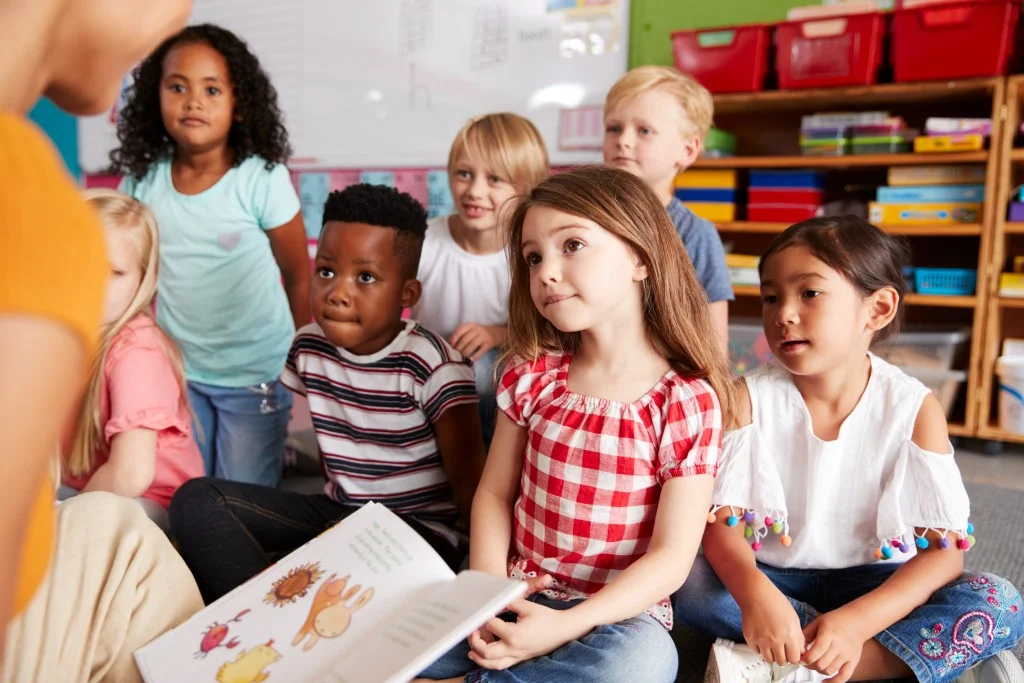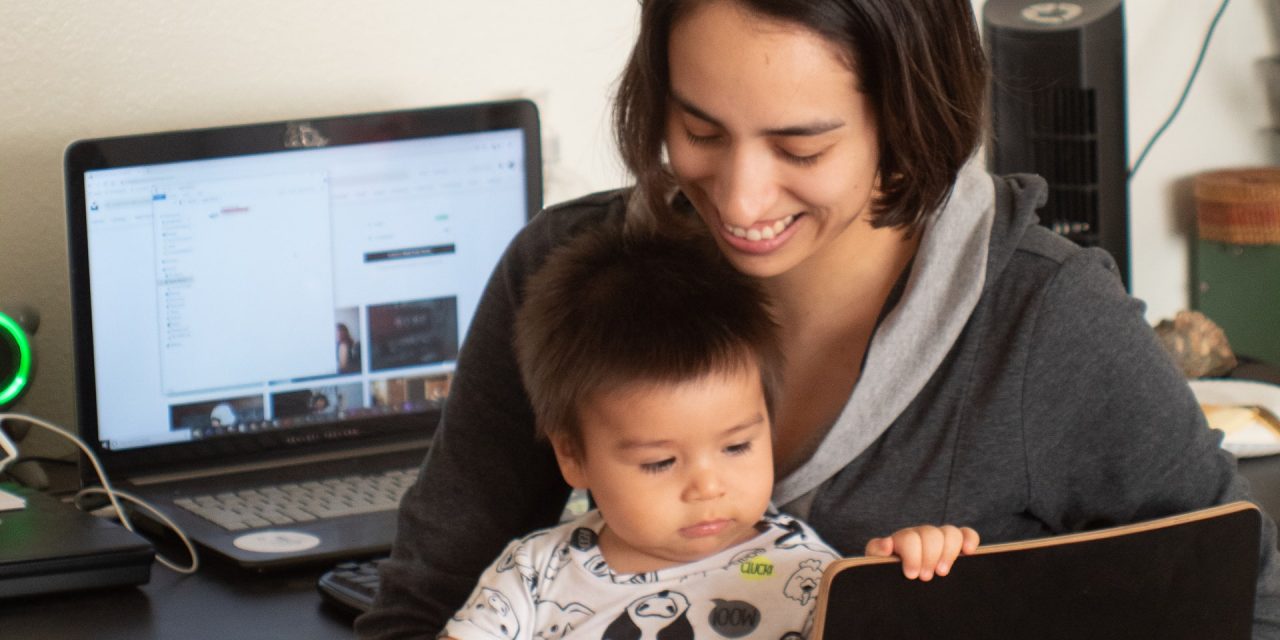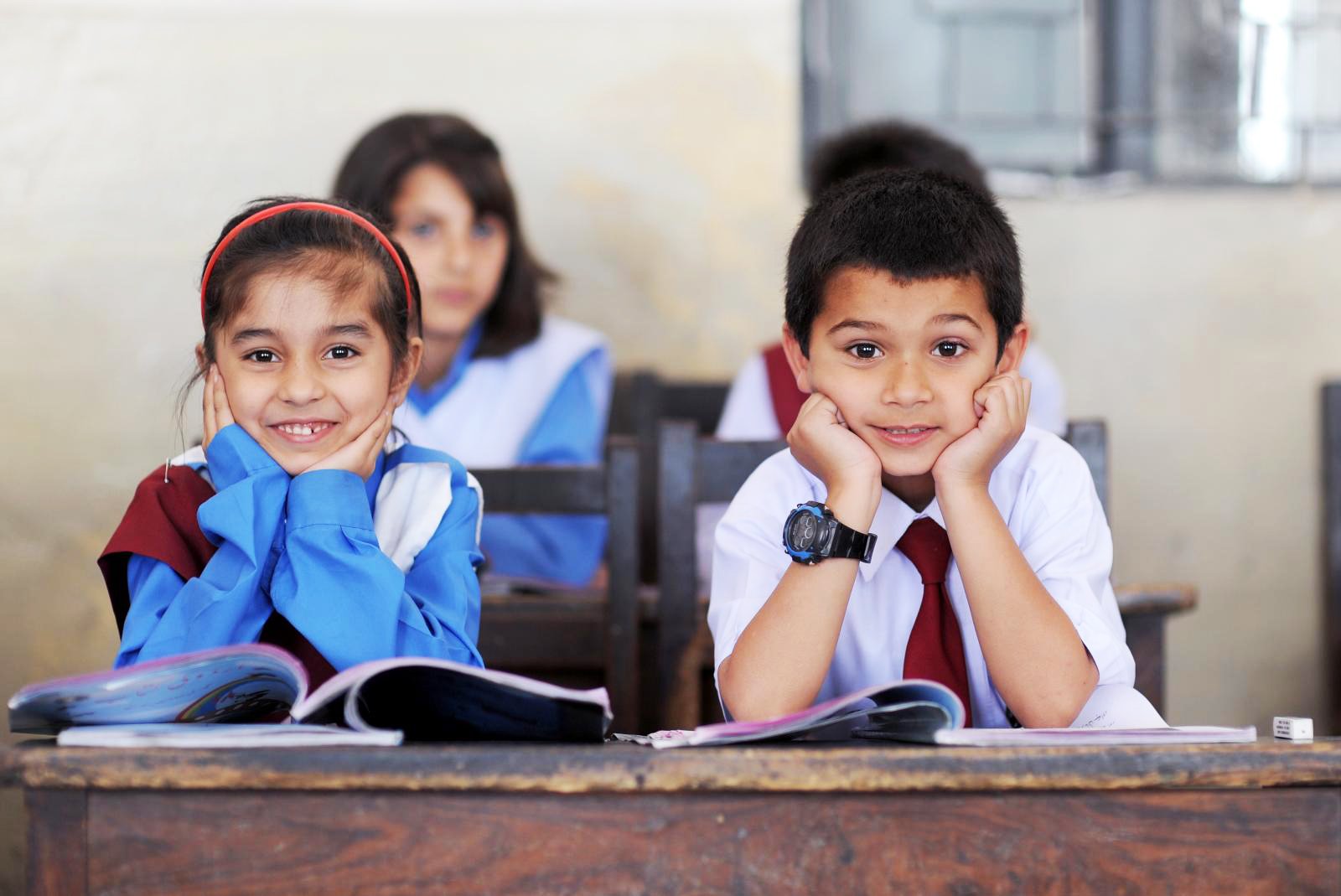Why Does Multiculturalism Impact Parenting Styles?
Multiculturalism impacts parenting styles by shaping cultural values and expectations, which influence how parents raise their children. The management of different cultural norms can lead to varying approaches to discipline and identity development within families. Balancing traditional practices with modern parenting ideals can pose challenges, affecting parent-child relationships. Strategies such as embracing diversity, promoting open dialogue, and participating in cultural celebrations can enhance successful multicultural parenting. Understanding these dynamics is essential for handling the complexities of multicultural families.
Key Takeaways
- Multiculturalism brings diverse values and approaches to parenting.
- Cultural backgrounds influence discipline and communication styles.
- Balancing traditions with modern parenting is a challenge.
- Identity development is shaped by cultural influences in multicultural families.
- Understanding and respecting cultural differences enhance parenting strategies.
Cultural Values and Parenting

Cultural values greatly influence parenting styles, shaping the way parents raise and nurture their children within a specific cultural context. Cultural expectations play a significant role in dictating parenting approaches.
For instance, in some cultures, collectivism is highly valued, leading parents to prioritize community harmony and interdependence when raising their children. On the other hand, individualistic cultures may emphasize personal autonomy and self-expression in parenting practices.
Generational conflicts often arise when traditional cultural values clash with the younger generation’s exposure to different cultural norms. This can lead to challenges in parenting, as parents may struggle to balance the cultural values they were raised with against the evolving cultural landscape their children are immersed in.
These conflicts can influence parenting styles by either reinforcing traditional values or prompting a more adaptive approach that incorporates elements of both the traditional and modern cultural values. Ultimately, managing these generational conflicts is important in shaping effective and culturally sensitive parenting practices.
Communication Challenges and Solutions
Addressing communication challenges between parents and children from different cultural backgrounds requires understanding the nuances of intercultural interactions and implementing effective strategies to foster mutual understanding and respect.
Language barriers can greatly hinder effective communication within multicultural families. Misunderstandings may arise when nuances, tone, or context are lost in translation, impacting the relationship between parents and children.
Cultural norms also play an important role in shaping communication styles within families. For example, in some cultures, direct communication is valued, while in others, indirect communication is preferred. These differences can lead to misunderstandings and conflicts if not addressed appropriately.
To overcome communication challenges in multicultural families, it’s essential to promote open dialogue and actively listen to each other’s perspectives. Encouraging language learning for both parents and children can help bridge the gap created by language barriers.
Additionally, embracing and respecting each other’s cultural norms can foster mutual understanding and strengthen family relationships. By acknowledging and addressing these communication challenges, multicultural families can build a foundation of effective communication and mutual respect.
Discipline Across Cultures

Understanding how disciplinary practices vary across different cultural backgrounds is essential for creating effective strategies to promote positive behavior and upbringing in multicultural families. Cultural discipline plays a vital role in shaping parental approaches to behavior management.
In multicultural families, the blend of various cultural values can influence disciplinary styles. Some cultures may prioritize obedience and respect for authority, leading to more authoritarian disciplinary methods, while others may emphasize communication and understanding, resulting in a more lenient approach to discipline. It’s important to recognize that what may be considered appropriate discipline in one culture could be perceived differently in another.
Research shows that multicultural families often navigate between different disciplinary frameworks to find a balance that aligns with their values and beliefs. By incorporating elements from various cultural backgrounds, parents can create a holistic approach to discipline that respects multicultural values while promoting positive behavior in children.
Ultimately, awareness of cultural nuances in disciplinary practices is key to fostering a supportive and nurturing environment for children in multicultural families.
Identity Development in Multicultural Families
Exploring the complexities of identity development within multicultural families reveals the intricate interplay between cultural influences and individual self-perception. Cultural adaptation and family dynamics play a vital role in how individuals from different cultural backgrounds navigate their sense of identity within a multicultural family unit.
Identity formation in such settings is often influenced by generational differences, where younger generations may experience a blend of cultural values from their heritage alongside those of the dominant culture in which they’re raised.
Research indicates that multicultural families often grapple with the challenge of balancing various cultural norms and traditions, leading to a unique fusion of identities within family members. Family dynamics play an essential role in shaping how individuals perceive themselves and their cultural heritage.
The negotiation between different cultural identities within multicultural families can lead to a rich tapestry of self-awareness and a deeper understanding of one’s place in a diverse society. Understanding these dynamics is essential for fostering a supportive environment that nurtures healthy identity development in multicultural family settings.
Balancing Traditions and Modern Parenting

Achieving a harmonious balance between cultural traditions and modern parenting practices poses a significant challenge for multicultural families in today’s diverse society. Generational conflicts often arise as parents try to uphold their cultural traditions while adapting to the modern parenting styles prevalent in the society they live in.
These conflicts can influence the way children perceive their identity formation, as they navigate between the values and beliefs of their heritage and the expectations of the society around them.
Cultural adaptation plays an important role in how parenting styles are developed within multicultural families. Parents must find a middle ground that respects their cultural background while also embracing the evolving norms of the society they’re a part of.
This delicate balance is essential for promoting healthy parent-child relationships and fostering a sense of belonging for children in multicultural families. By integrating elements of both tradition and modernity into their parenting approach, families can navigate the complexities of multiculturalism and create a supportive environment for their children to thrive.
Impact on Parent-Child Relationships
You’ll explore how cultural identity influences parent-child relationships, examining how multiculturalism impacts the ways parents and children connect and relate.
Communication challenges faced by families managing multiple cultural backgrounds will be addressed, shedding light on the strategies used to bridge any gaps.
Additionally, the methods employed to transmit values within multicultural families will be discussed, showcasing the diverse approaches taken to instill cultural heritage and beliefs.

Cultural Identity Influence
Cultural identity plays a pivotal role in shaping parent-child relationships, influencing the dynamics and communication patterns within multicultural families. Cultural norms, deeply rooted in one’s heritage, greatly impact parental expectations and the way parents interact with their children. These norms often dictate the values, beliefs, and behaviors that parents aim to instill in their children, shaping the parent-child relationship.
In multicultural families, where parents come from different cultural backgrounds, understanding these cultural norms and expectations can lead to unique challenges. Parents may find themselves balancing conflicting beliefs or approaches to parenting, which can influence their interactions with their children. For instance, one parent may prioritize independence and individualism, while the other values collectivism and interdependence. These differences can create tension or misunderstandings within the parent-child relationship, impacting the communication styles and overall dynamics within the family unit.
Recognizing how cultural identity influences parental expectations is essential in fostering healthy and supportive parent-child relationships in multicultural settings. By acknowledging and respecting each other’s cultural norms, parents can work together to create a harmonious environment that nurtures their children’s growth and development.
Communication Challenges Addressed
Overcoming communication challenges within multicultural families greatly impacts the dynamics of parent-child relationships. Language barriers and generational gaps are two primary issues that can hinder effective communication within these families.
Language barriers can cause misunderstandings and frustrations, leading to miscommunication between parents and children. When parents and children speak different languages or have varying levels of proficiency in a common language, conveying thoughts, emotions, and values can become challenging.
Generational gaps further complicate communication within multicultural families. Parents who grew up in a different cultural context may have different communication styles and values compared to their children, who are often more assimilated into the dominant culture. These differences can lead to misunderstandings, conflicts, and a lack of connection between parents and children.
Overcoming these challenges requires active efforts from both parents and children to bridge the communication gap, foster understanding, and strengthen the parent-child relationship. Effective communication strategies, such as practicing active listening, showing empathy, and seeking professional help when needed, can help address these communication challenges and improve relationships within multicultural families.
Values Transmission Methods
Effective methods of transmitting values within multicultural families greatly influence the quality of parent-child relationships. Parental influence plays a pivotal role in shaping a child’s values and behaviors, especially within the context of diverse cultural norms. Research indicates that parents who actively engage in discussing and demonstrating their cultural values tend to have stronger connections with their children. By incorporating traditions, beliefs, and customs into daily interactions, parents can enhance the process of values transmission, fostering a sense of identity development in their children.
Moreover, the adaptability of these values transmission methods to suit the unique dynamics of multicultural families is essential. Strategies such as storytelling, role-modeling, and participating in cultural events can further strengthen the bond between parents and children. These methods not only facilitate the transfer of essential values but also promote open communication and understanding within the family unit.
Ultimately, the successful transmission of values in multicultural families positively impacts parent-child relationships, contributing to the overall well-being and cohesion of the family.
Strategies for Successful Multicultural Parenting

Implementing diverse communication strategies is crucial for successful multicultural parenting. Language barriers can pose significant challenges in effectively conveying values and expectations to children from different cultural backgrounds. To navigate this, utilizing a mix of verbal, non-verbal, and visual communication can help bridge these gaps. Encouraging open dialogue and active listening in a supportive environment can foster understanding and mutual respect.
Cultural celebrations play an essential role in transmitting values and traditions across generations. Participating in these celebrations with your children can strengthen their sense of identity and belonging. It’s important to explain the significance of these events and involve children in the preparation process to deepen their appreciation for diverse cultures.
Furthermore, seeking out resources and support networks within the community can provide valuable insights and guidance on effective multicultural parenting strategies. Embracing diversity, practicing empathy, and remaining open-minded are key components in creating a harmonious multicultural parenting environment.
Frequently Asked Questions
How Can Multicultural Families Navigate Societal Judgment and Criticism?
Managing societal judgment and criticism as a multicultural family can be challenging. By fostering cultural acceptance within your family and staying true to your family traditions, you can confidently handle these obstacles and promote understanding.
What Are the Effects of Multiculturalism on Children’s Mental Health?
Multiculturalism can positively impact children’s mental health by fostering a strong sense of cultural identity and promoting overall well-being. Research shows that psychological impacts are influenced by successful cultural integration within diverse family dynamics.
Are There Specific Resources Available for Multicultural Parents?
You can access parenting support tailored to multicultural families, facilitating cultural integration. Numerous resources like community centers, online forums, and cultural organizations offer guidance on understanding diverse parenting styles and fostering a harmonious family environment.
How Do Mixed-Race Children Navigate Their Dual Cultural Identities?
Balancing dual cultural identities can be challenging, but embracing cultural celebration aids in identity development. Seek peer acceptance and community support to foster a strong sense of self. Embrace diversity, enriching your upbringing.
Can Multicultural Parenting Impact Children’s Academic Performance?
Multicultural parenting can greatly influence children’s academic performance. Cultural expectations and language barriers play important roles in shaping educational outcomes. Understanding and managing these dynamics can have a major impact on your child’s success in school.
Conclusion
To summarize, the impact of multiculturalism on parenting styles is a complex and nuanced issue that requires thoughtful consideration and understanding.
Cultural values, communication challenges, discipline methods, identity development, and balancing traditions all play a role in shaping the way parents raise their children in multicultural families.
By acknowledging and embracing the diversity of experiences and perspectives within the family unit, parents can navigate the challenges and opportunities that come with raising children in a multicultural environment successfully.

Hey there! 👋 I’m a proud mom and passionate writer, sharing my parenting journey. 📝 Join me as I navigate the ups and downs of motherhood, offering tips, advice, and a sprinkle of humor along the way. 🌟







